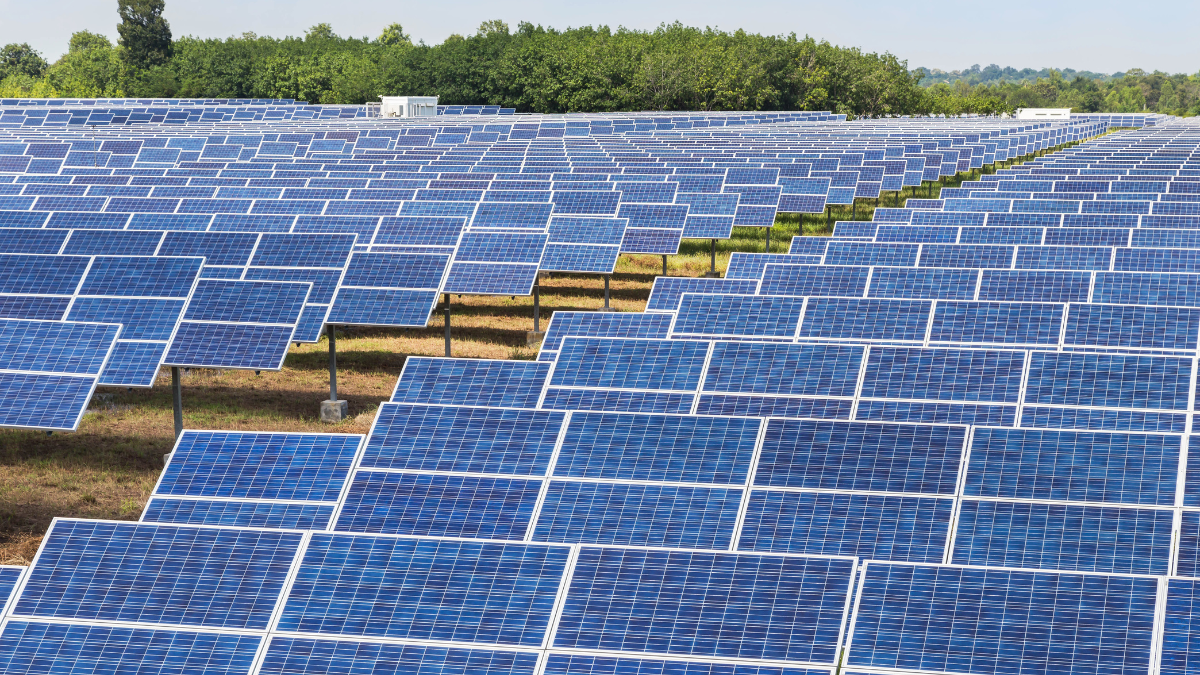Gujarat’s ambitious renewable energy mission has taken a significant leap forward with the award of a ₹9.13 billion engineering, procurement, and construction (EPC) contract to Hazoor Multi Projects for a 200 MW solar power facility in Khavda. The green infrastructure project, part of the larger Khavda Renewable Energy Park, is scheduled for commissioning by March 2026, bolstering India’s shift towards a sustainable, low-carbon future.
The awarded contract is a result of a competitive tender floated in May 2024 by the country’s leading hydropower utility, which is now playing an increasingly pivotal role in solar capacity deployment. The Khavda Stage-3 project is aligned with the national agenda of ramping up renewable energy generation to reduce dependence on fossil fuels and cut emissions, in line with India’s net-zero commitments. Hazoor Multi Projects will shoulder end-to-end responsibilities ranging from design and engineering to supply, construction, erection, testing, and commissioning. Significantly, the contract also includes a five-year obligation for operations and maintenance, ensuring post-installation reliability and long-term project performance.
According to regulatory disclosures, the contract was awarded on an arm’s length basis. There are no related party interests between the contractor and the project sponsor, a private sector clean energy firm, reinforcing the transparency and competitiveness of the transaction. Located in the arid expanse of Kutch district, Khavda is emerging as one of the world’s largest renewable energy zones. The scale and strategic relevance of this solar venture places Gujarat firmly on the global clean energy map. The initiative is not only an ecological investment but also a socio-economic stimulus expected to generate green jobs, bolster energy access, and stimulate local development.
This development is part of a series of aggressive solar rollouts initiated by the state-run hydropower giant. In recent weeks, multiple tenders have been floated for decentralised solar capacity across Indian states. These include a 19.2 MW rooftop solar programme on government buildings in Haryana across 18 districts, a 5.6 MW rooftop scheme for Sikkim, and a 23.33 MW project pipeline for Jammu and Kashmir. Each of these projects follows the Renewable Energy Service Company (RESCO) model, encouraging private participation and ensuring lifecycle performance guarantees. The 200 MW Khavda project serves as a keystone in this broader energy transition architecture, marking a synergy between policy, infrastructure, and private enterprise. It signals a shift not just in how energy is produced but also how sustainability is embedded into India’s urban and regional planning.
For India’s cities aspiring to be equitable, eco-conscious, and carbon-neutral, such developments bring hope. The expansion of solar capacity, particularly through structured and well-monitored public-private partnerships, remains central to achieving climate resilience and energy independence. With March 2026 as the commissioning deadline, stakeholders will closely monitor the project’s progress, timelines, and adherence to sustainability benchmarks. If successful, it will reaffirm Gujarat’s leadership in clean energy and provide a replicable blueprint for other Indian states. As the sun-soaked deserts of Kutch transform into a power hub for a greener tomorrow, the momentum behind India’s clean energy transition appears more robust than ever.
Also Read :India Ramps Up Solar, EV Plans With Strong Electrical Safety Focus


